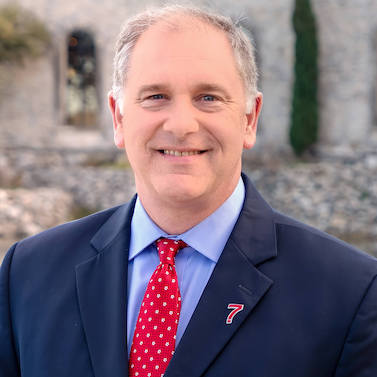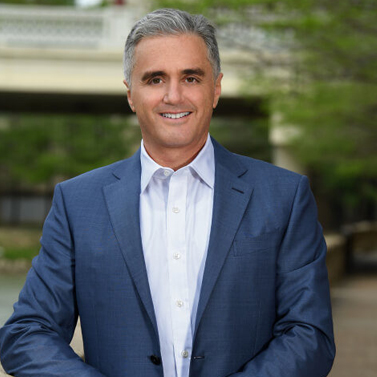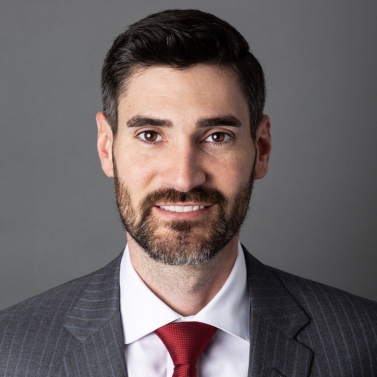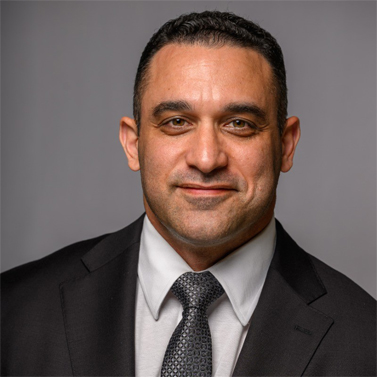What are some helpful tips to stay calm and focused right after a car accident?
Stay Calm, Call the Authorities, and Contact a Lawyer
When you get into a car accident, a million things can fly through your mind. Adrenaline is pumping, you are worried about your car and whatever errand you were running and sometimes you can immediately know that something is physically wrong with you. What do you do?
1. Slow Down and Breathe
First, slow down and breathe. Make sure that everybody that is involved is safe and move to a place of safety. Secondary wrecks are often more deadly than the initial wreck, so get yourself and all others to a place where passing traffic is not a danger. Help those involved who cannot help themselves. In a major wreck, sometimes those involved cannot help themselves and cannot get to a place of safety. Call 911 and do what you can to warn oncoming traffic while not exposing yourself to additional harm.
2. Call the Authorities and Take Pictures
If all involved are out of harm’s way, call the authorities [to] gather evidence. Take pictures of all vehicles involved and the locality of the wreck. Get the name and pictures of the drivers license and insurance card of all drivers involved. When possible, get the contact information including the phone number of witnesses and parties. Get medical care and call an attorney for help.
3. Call a Lawyer Right Away
Now this is important, the more serious the wreck and injuries, the more important it is to call a lawyer as soon as possible. If a loved one is incapacitated or deceased from the collision, it is critical that you act for them and have a lawyer on the scene with the resources to preserve evidence as soon as humanly possible. In big truck wrecks it is common for the insurance company to have their experts on the scene within hours. You must level the field by having knowledgeable people on the scene to prevent destruction of evidence or selectively recording evidence.
Take A Few Deep Breaths and Check on the Well-being and Others Involved
Staying calm during a car accident is a multi-step process that begins with the realization that accidents are a part of life. It’s crucial to acknowledge that they are not indicative of our worth or abilities. Do a few deep breaths, as this helps to reduce the surge of adrenaline which can cloud one’s thinking and judgment.
Immediately following an accident, the first thing you should do is to check your physical well-being and that of others involved. When safe, move away from the accident scene to prevent further incidents. It’s also important to notify relevant authorities – police, ambulance, or even your insurance company.
Practice mindfulness in the aftermath. It might be helpful to take a moment, absorb the situation and not rush through things, despite the chaos. Emotional intelligence can play a key role here, helping you manage emotions, stress, and the reactions of others involved.
6 Steps to Follow After an Accident
1. Safety should always come first
Ensure your own and other participants’ safety. If possible, move your vehicle to a safe location and examine for injuries. In case of an emergency, dial 911.
2. Compile information
Give the other parties involved your insurance information and contact details. Take pictures of the scene of the collision, including the cars and any obvious damage. This information is crucial for insurance claims and possible legal proceedings.
3. Report the collision
Notify the police or local traffic department of the accident. Provide an accurate account of the events while cooperating entirely with law enforcement. The accident report should be obtained for future reference.
4. Collect witness details
If witnesses are present, obtain their contact information. Their testimony may be useful for insurance claims and legal proceedings.
5. Maintain evidence
If possible, preserve evidence by not relocating the vehicles until the authorities arrive. Take photographs of the accident scene and any involved physical objects. Maintain medical reports and invoices associated with injuries.
6. Consult with a lawyer
Consult with a personal injury lawyer who can guide you through the legal process. They can assist with insurance claims, negotiate with insurers, and provide legal representation when necessary.
Know What to Do After an Accident
Your own safety should always come first in these situations. Take stock of your own injuries as well as the condition and location of the vehicle around you. If you’re in traffic or the vehicle is on fire, for example, your first priority should be getting to a safer location.
Next should come the safety of others. Make sure your passengers are present and accounted for, and assess their injuries.
If the crash is more than a simple fender bender, you’ll want to call the police and other emergency services as well. They’ll be able to treat any injuries, gather evidence, and generate a police report, which will be essential for the insurance process as well as any legal proceedings that result from the incident.
After that, you should call your insurance company. Take plenty of pictures to document the damage in addition to the police report.
One thing you should never do at the scene of the crash is admit fault for anything. This is a great way to end up liable for a crash even when it legitimately wasn’t your fault.
Prioritize Your Actions
When you are involved in a motor vehicle crash, it is most important that you respond in a fashion that keeps you safe. If you have the ability to do so, move your car to the side of the road. Get out of the way of dangers presented by other vehicles.
If you are in significant pain at the scene, go to an emergency room or urgent care facility.
If possible, you should also check on the wellbeing of the other party. Make sure not to put yourself at risk.
Once you have ensured your safety, call the police. Never try to “work out an agreement” with the other party. It is important that a neutral third-party is there to document what happened and prepare a report.
If you have the ability to do so safely, take pictures of the damage to your car and the other as well as the accident scene.
When you leave the scene, if you are experiencing neuromuscular pain or headaches, seek out an orthopedist or neurologist as appropriate. A primary care physician isn’t the type of doctor you should see for these issues.
It is also helpful to speak to a personal injury attorney to see what your rights are, even before reporting the claim to your insurer. Remember that the insurance company is not always looking out for your best interests, so you should have a conversation with an attorney [so] you know what will not prejudice your rights moving forward.
Once you have done that, speak to your insurer. You do have a duty to communicate and cooperate with the carrier if you are seeking benefits from the insurance policy. You do NOT have a duty to speak with the other driver or his or her insurer. Allow your attorney and/or your insurer to communicate with the other party’s carrier. You do not want to say or do something that prejudices your rights moving forward. You should not communicate with anyone other than your attorney, your insurer or your doctors regarding the accident or your injuries. Do not make any social media postings regarding the event.
This is a crowdsourced article. Contributors' statements do not necessarily reflect the opinion of this website, other people, businesses, or other contributors.






